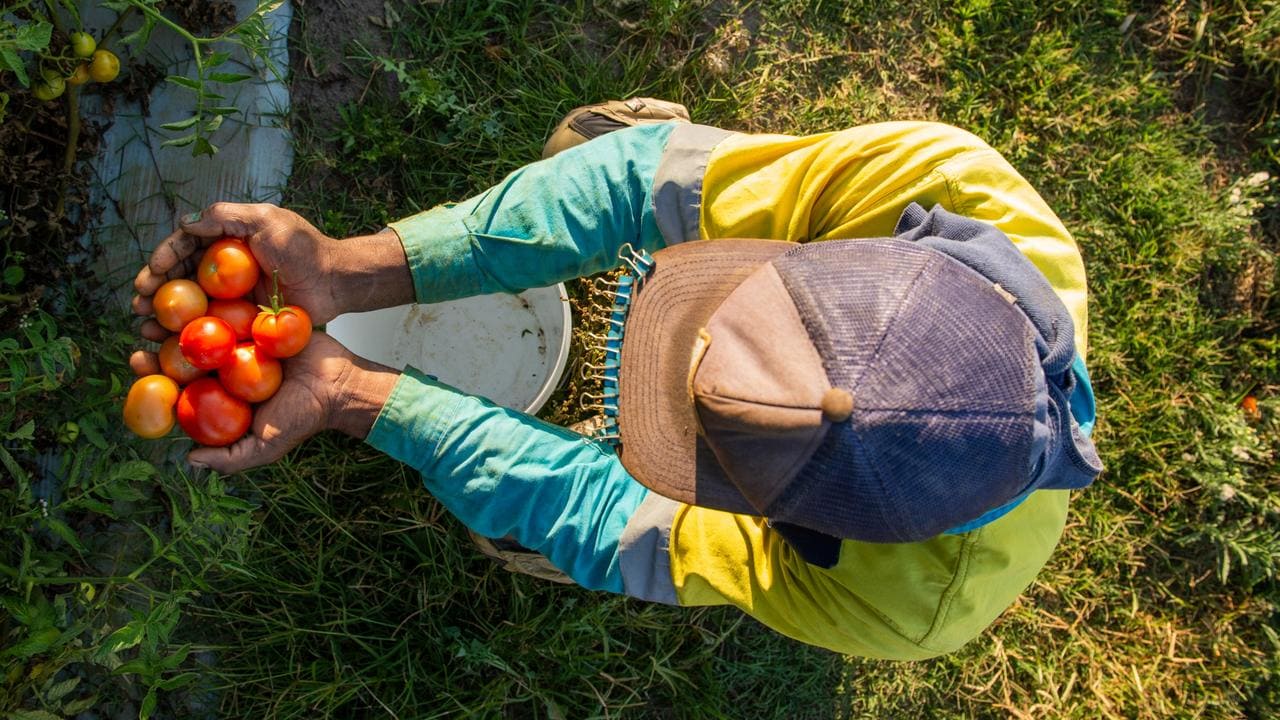



Article by: Hari Yellina (Orchard Tech)
Australia is looking to recruit Southeast Asian farmworkers as the pandemic and a new free-trade deal with the U.K. exacerbates labour shortages in the nation’s A$66 billion. In fact, the government aims to offer three-year working visas by the end of the year to citizens from the 10 ASEAN countries, which include Indonesia, Malaysia, Thailand and the Philippines, Agriculture Minister David Littleproud told reporters in Canberra on Wednesday. Australia already has a similar arrangement in place with Pacific Island nations.
With Australians reluctant to pick up what is often considered to be strenuous manual labour, reliance on foreigners has long been a crux to an industry that has seen a shrinking and ageing local workforce. Hence, the government has attempted to attract backpackers who must already complete at least three months of agricultural work for a typical two-year working-holiday stay. Moreover, they must possess the offer of a visa extension on the completion of a longer farm stint. Still, their number has plunged from 160,000 pre-pandemic to less than 40,000 as the nation’s borders were closed to almost all non-residents, leaving some goods not sown or left to rot unpicked.
Labour shortages were flagged by the government forecaster as a continuing “vulnerability” for the industry as the pandemic extends through 2021, with Australia unlikely to loosen its strict border controls until well into next year. With global food price inflation already tracking higher as farm supplies tighten, any hiccup in the supply chain could hit household budgets hard. Nevertheless, much of the impact on end prices, especially in the fruit and vegetable sector which depends more heavily on manual labour, has so far been mitigated by changes to farm management.
The new ASEAN visa program “sets the parameters, creates the environment now for the agriculture industry to have confidence that they’re going to have a constant seasonal workforce into the future,” he said. Asked whether the arriving Southeast Asian workers, many of whom may have limited English-language skills, could be exploited or underpaid, Littleproud labelled such reports as “dangerous generalizations of demonization of Australian farmers.” A 2016 survey of working-holiday makers found 66% felt that employers took advantage of them through underpayments. The Australian Broadcasting Corp reported that year that a group of Pacific Islanders from countries including Fiji and Tonga were being paid less than A$10 a week.